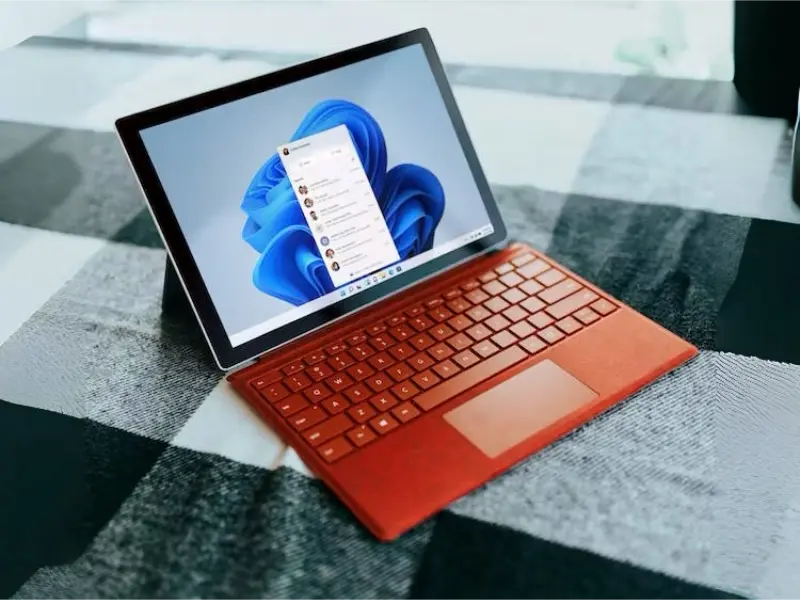- Microsoft’s CADMUS series, delving into AI-driven PCs, sparks both enthusiasm and skepticism in the tech community.
- The dual-platform approach of CADMUS, offering Intel and Arm-based options with Snapdragon X chips, faces lukewarm consumer response.
- The rumored haptic touchpad, Windows Copilot, and design changes in Surface Laptop 6 prompt questions.
Microsoft’s ambitious venture into the realm of AI-driven PCs with the upcoming CADMUS series has generated a significant buzz.
Dual-platform feature
While Microsoft’s enthusiasm is palpable, skepticism looms large among tech enthusiasts and industry observers. The idea of AI-centric PCs raises questions about the practicality and user acceptance of such technology. Are we ready for a computing experience where artificial intelligence takes center stage?
One key aspect of the CADMUS PCs is the dual-platform approach, with options available for both Intel and Arm-based devices. The inclusion of Qualcomm’s Snapdragon X chips in the Arm-based models aims to usher in enhanced performance, longer battery life, and improved security—a trifecta that brings them on par with Apple’s silicon offerings.
However, the consumer response has been lukewarm, and some are hesitant to embrace this seemingly futuristic vision. As Setu Kulkarni, VP of Strategy and Business Development at WhiteHat Security, stated, “The unique selling proposition for AI-powered solutions is, ultimately, the incredible levels of efficiency that they have the power to drive. The caveat is that when these technologies are not used or implemented effectively, they can drain resources instead of saving them.”
Also read: Microsoft adds Copilot AI to Windows 10, potentially overhauling how we use computers
A quantum leap or tech’s unnecessary gloss
The rumored introduction of a haptic touchpad and a dedicated Windows Copilot button raises eyebrows as well. Windows Copilot, an AI-driven feature assisting users in various tasks, could either be a game-changer or an unnecessary addition, depending on how well it performs in real-world scenarios.
The Surface Laptop 6, expected to be one of the first CADMUS PCs, comes with a purported design overhaul, including thinner bezels, rounded display corners, and additional ports. While these aesthetic improvements are welcomed, the real question remains: Do users prioritize these changes over the potential challenges of adapting to an AI-centric computing experience?
As Microsoft races towards an AI-driven future with the CADMUS series, the tech community watches with a mix of anticipation and caution. Will these devices redefine the computing landscape, or are we witnessing a leap of faith into uncharted territory? Only time will tell whether CADMUS PCs will be celebrated as pioneers or remembered as a bold experiment that missed the mark.

